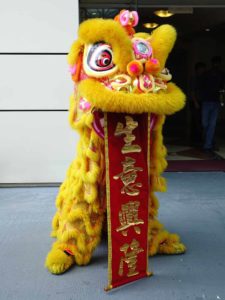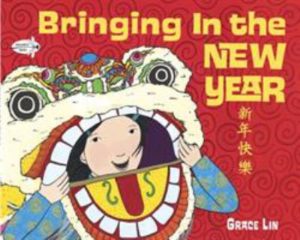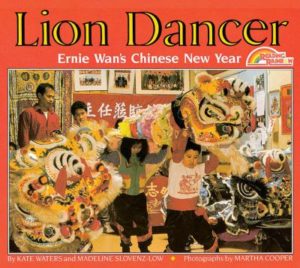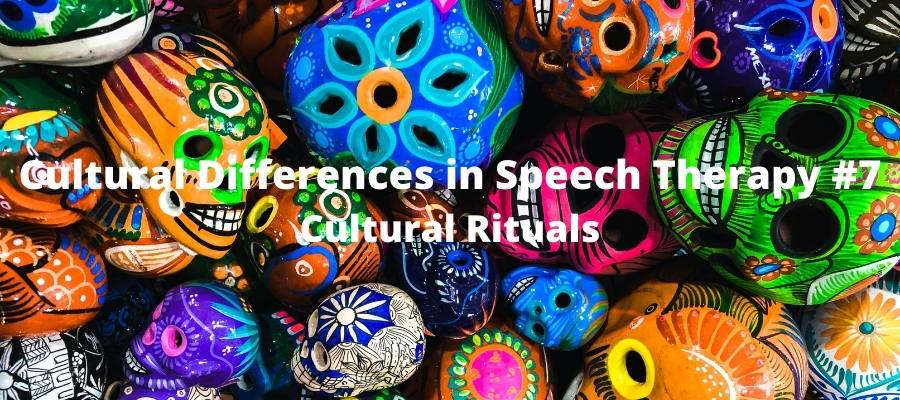Cultural Rituals is part of a 10-essay series. New? Start here: Cultural Differences in Speech Therapy and Assessment
What are Cultural Rituals?
Rituals or ceremonies are conventional ways of commemorating significant historical events or life changes and renewing commitment to shared values. Weddings, births, deaths, and religious worship are associated with rituals in most cultures and many rituals are based on religion (Tomoeda & Bayles, 2002).

Using some common examples, at the beginning of the year (i.e., January 6th), Latinos may celebrate Dia de los Reyes. For this holiday, children leave their shoes out to be filled with treats to commemorate the visit of the three kings, or Magi, to the Christ child shortly after His birth. Dia de los Muertos (Day of the Dead, All Souls Day for Catholics) is celebrated by Mexican-Americans and many other Latinos, and combines aspects of Indian ancestor worship with Catholic prayer rites for the deceased. Held on November 1st for all children who have died and November 2nd for all adults who have died, families may build altars to commemorate the dead on which are placed statues, pictures of the dead, food offerings, decorations of skeletons, candied skulls with the names of the deceased, candles, and so forth. In addition, another traditional festivity in the Latino community that may occur at any point during the year is the Quinceañera, or coming-out celebration for a 15-year-old girl (Lynch & Hanson, 2004.)
Cultural Rituals in Assessment and Treatment
Cultural rituals provide a very unique way for us to enjoy our jobs more and make a connection with our students and families. Aside from religious events which might not be the best content in the public schools, heritage activities are a great way to learn about another culture and engage our students. There are a tremendous number of storybooks from around the world that can be used during literacy-based intervention. Here is an example of a Lunar New Year Lion Dance being incorporated into therapy with literacy-based intervention.


A small consideration regarding evaluations, clinicians should be aware of holidays and celebrations in order to avoid scheduling conflicts.
Questions for Big Thinking
What were your favorite memories as a child? Imagine that your mom or dad took a temporary work position in Beijing, China. You have to attend school and your parents have to work on Christmas-Hanukkah, whatever your special day is. How would that make you feel? Now, let’s say the other parent took a temporary job in Abu Dhabi. You are not allowed to eat while the sun is up for a month. How did you think your family would react to this?
Want to read about all the cultural parameters in one place, get CEUs and a helpful chart?
In our next essay we will talk about Significance of Work.
References:
Lynch, E.W., & Hanson, M.J. (2004). Developing cross-cultural competence: A guide for working with children and their families (3rd ed.). Baltimore: Brookes.
Tomoeda, Cheryl K. & Bayles, Kathryn A., (2002, April). Asha Leader, 7, p 4-5.


